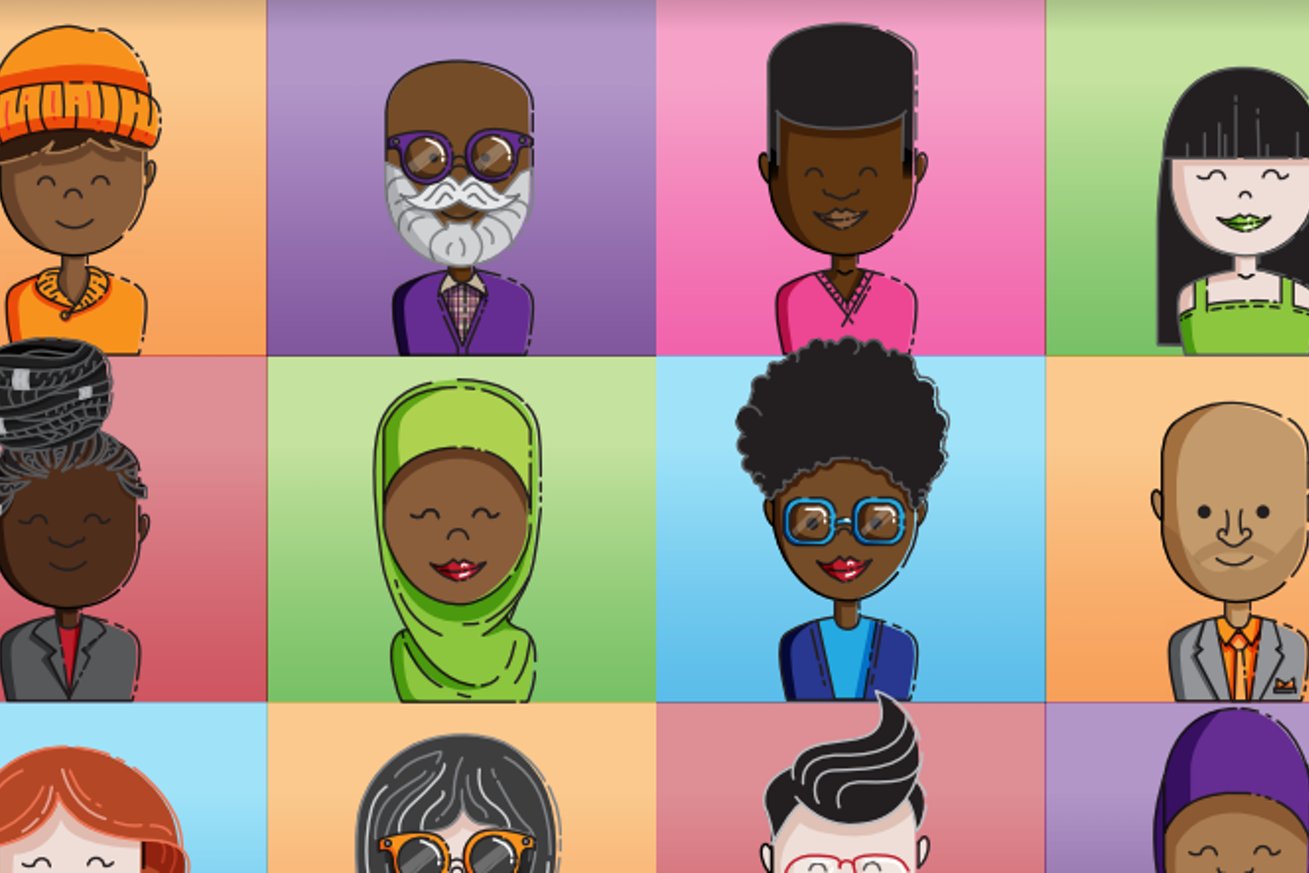February calls to mind three distinct things for me, Black History Month, Valentine’s Day and my mother’s Birthday. As I reflect on these events, my mind comes to the challenges of Black leaders, especially Black womxn and the degree to which these leaders are, or are not, shown love. These reflections are sparked by my experiences as a Black leader, as well the experiences of my peers gleaned from conversations in both formal convenings and informal venting sessions. What feels common among this group, is the excitement and energy these leaders are bringing to their work; unfortunately, what is also common are the barriers that inhibit their efforts. The challenges facing Black leaders are many, and I won’t try to share them all here, but the ones that are sitting with me right now really boil down to the fact that our leadership is still under-resourced and inadequately supported and much of our labor remains invisible.
BIPOC leaders still feel disproportionate pressure to make miracles happen, (including solving DEI related issues yesterday!), and BIPOC organizations are expected to do more with less when we know that it’s honestly better to do more with more. Additionally, BIPOC leaders are often brought in when an entity is interested in pursuing change. However, many new leaders report experiencing severe push back when they attempt to engage folx in the hard conversations or implement transformative policies and practices. Resistance to change, even at organizations that on some level want to change, isn’t uncommon, so organizations need to invest in engaging board, staff and key partners to transform systems and structures not just representation. This makes me think of Sheryl Petty’s statement that “Systems Change pursued without Deep Equity is, in our experience, dangerous and can cause harm, and in fact leaves some of the critical elements of systems unchanged. And ‘equity’ pursued without ‘Systems Change’ is not comprehensive at the level of effectiveness currently needed.”
Tracy Allard’s blog series A Guide for White Leaders, (part 1 and part 2) offers leaders examples of “Actions for Change” they can use to begin acting on expressed desires for racial justice and transformative change. I think the article can be useful to both white and BIPOC leaders, since we don’t need to have white people in the room to still practice white supremacy.
While the challenges are deep, I’m excited about emerging ways of working that I think could result in Black Leaders, especially Black womxn leaders, feeling more loved, supported and appreciated. I’m excited about the work I’m observing leaders individually and collectively undertake to lift up self and community care, unlearning and unpacking the “strong Black woman” and “we have to work twice as hard…” myths. (see BOLDarticle)
While still imperfect, LLC has experienced some success in the area of applying a structural approach to supporting new BIPOC leadership. My hiring as LLC’s Co-Executive Director and subsequent transition to Executive Director involved a committed board and staff, active values and practices alignment, reflection, and realignment, time dedicated to reflection and course correction. I feel fortunate to have received such a high level of support, appreciation and authentic affection from the Board and staff team. LLC’s commitment to and investment in a relational and human centered approach was essential to the success of this venture. (Click here to learn more about LLC’s experience)
Outside of institutional LLC structures, informal Sister and friendship circles have been invaluable sources of healing and support for BIPOC leaders, me included. LLC’s monthly BIPOC Affinity Group is an effort to mirror these liberated and liberating spaces and provide similar support. (For more on creating spaces that support BIPOC womxn leaders see the soft launch of Calling In & Up; A Leadership Pedagogy for Women of Color Organizers).
New ways are possible, BIPOC, Black Womxn leaders specifically, deserve to be supported; and to be clear everyone wins when that happens. The fact that we are having these conversations so widely, and the fact that many of these conversations are actually grounded in action, not just words is enormously reassuring. I and LLC are excited and enthusiastic about being on this learning journey with all of you.
Related Posts
February 24, 2025
DEI and the Monster: Fear, Policy, and the Future of Inclusion
October 17, 2024
On the Joy of Relationship-Centered Collaboration
February 12, 2020
Talking about Liberation and Equity
December 11, 2019




